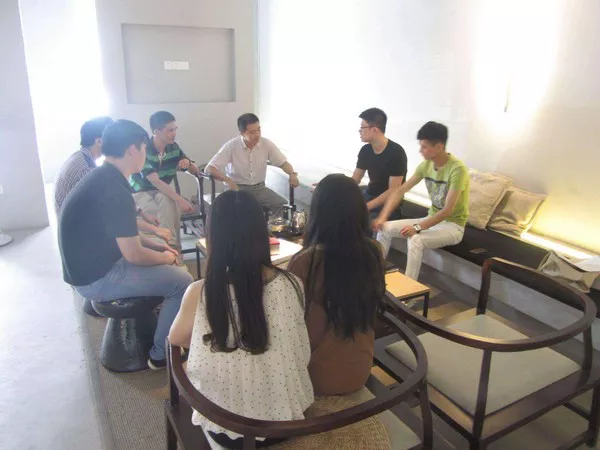A groundbreaking study conducted by researchers at Harvard University and the University of California, San Francisco has revealed a troubling paradox about digital-age friendships. While the average person now maintains approximately 300 social media “friends,” real-world feelings of loneliness have reached unprecedented levels. The comprehensive study, which tracked 5,000 adults over three years, found that despite being more digitally connected than any generation in history, 58% of participants reported feeling profoundly lonely, with 42% stating they lacked anyone in their life they could confide in during times of crisis. This phenomenon, termed “the friendship illusion” by lead researcher Dr. Emily Chen, highlights the growing gap between quantity and quality of social connections in the digital era.
The study identified several key factors contributing to this loneliness epidemic. First, the superficial nature of most online interactions fails to provide the deep emotional nourishment humans require. MRI scans conducted as part of the research showed that while social media engagement triggers dopamine responses (creating temporary feelings of pleasure), it doesn’t activate the brain’s bonding centers in the same way face-to-face interactions do. Second, the constant performance aspect of digital friendships – crafting perfect posts, maintaining curated online personas – creates emotional exhaustion without fulfilling our fundamental need for authentic connection. Perhaps most disturbingly, the research found that heavy social media users gradually lose their ability to engage in deep, meaningful conversations, becoming more comfortable with the shallow interactions that dominate online spaces.
The consequences of this friendship crisis extend far beyond emotional wellbeing. The study linked the decline in quality friendships to measurable physical health impacts, including increased inflammation markers, higher blood pressure, and weakened immune function. Social isolation was found to be as damaging to health as smoking 15 cigarettes a day, with lonely individuals showing a 50% increased risk of premature death from all causes. “We’re seeing friendship deprivation manifest in physical ways we never anticipated,” notes Dr. Robert Yang, a neuroscientist involved in the study. “The human body quite literally suffers when deprived of genuine connection.”
Some communities are fighting back against this trend through innovative solutions. “Friendship labs” have begun appearing in major cities – physical spaces designed specifically for meaningful connection, with structured activities that encourage vulnerability and deep conversation. Digital detox retreats focusing on friendship rebuilding have seen surging popularity, with many reporting lasting improvements in participants’ wellbeing. Perhaps most promising are workplace initiatives that create “friendship time” during the workday, recognizing that social connection is as vital to productivity as traditional skills.
Related topics:





















